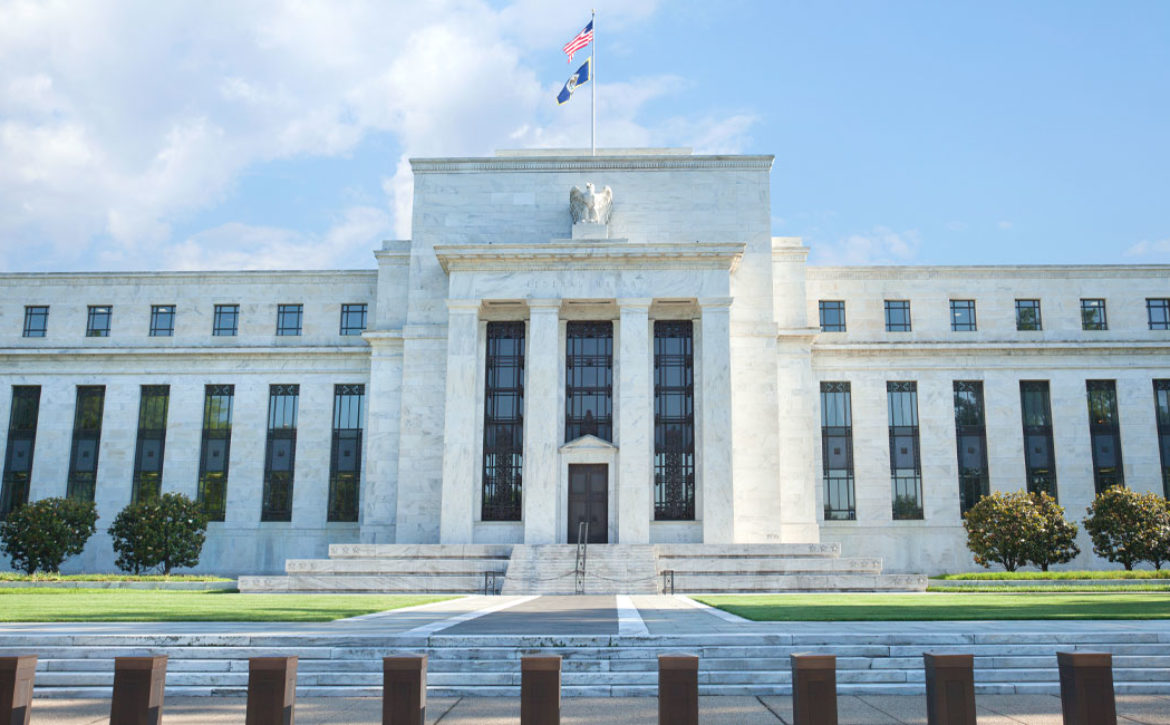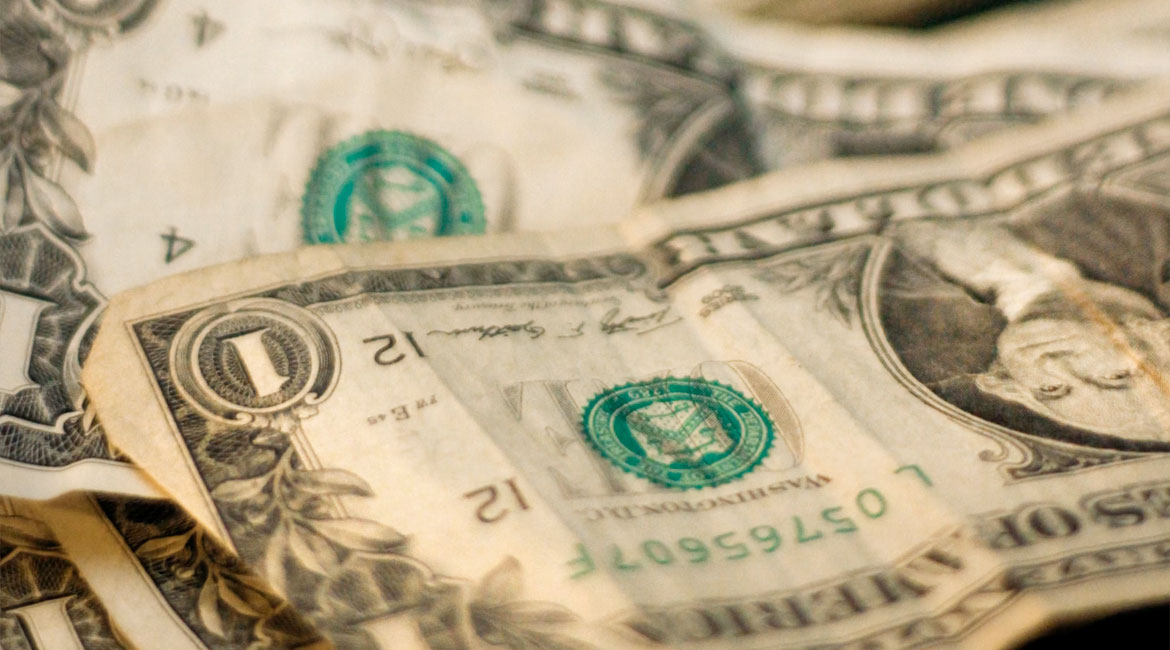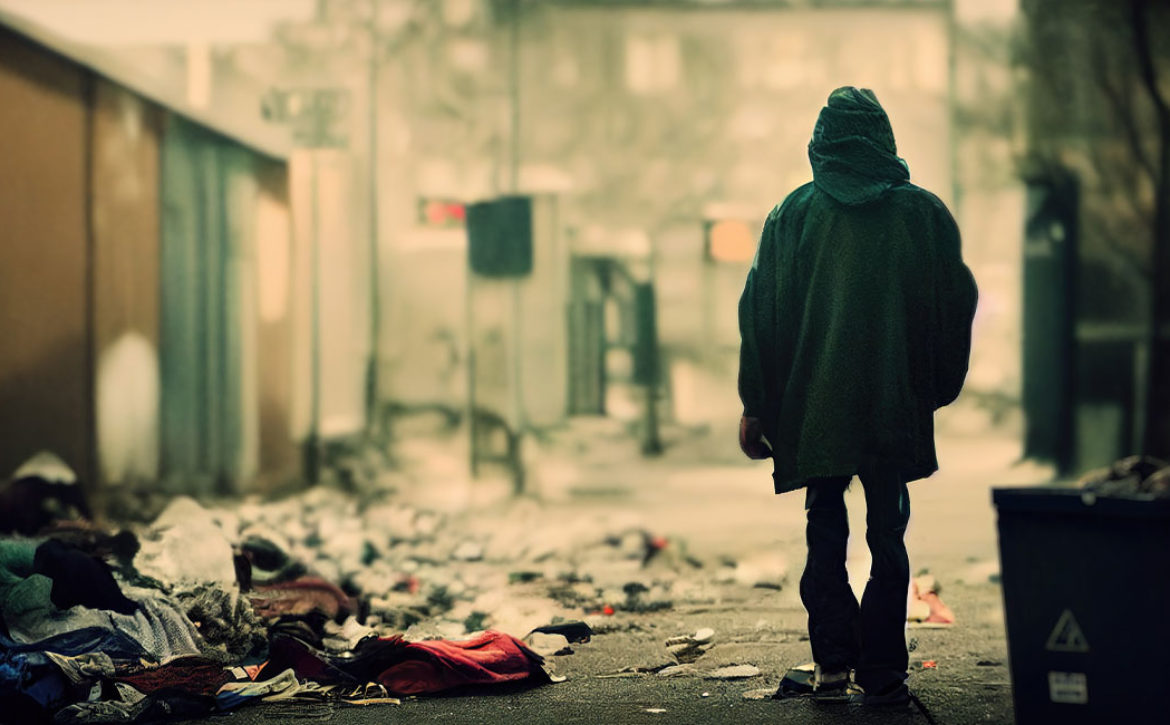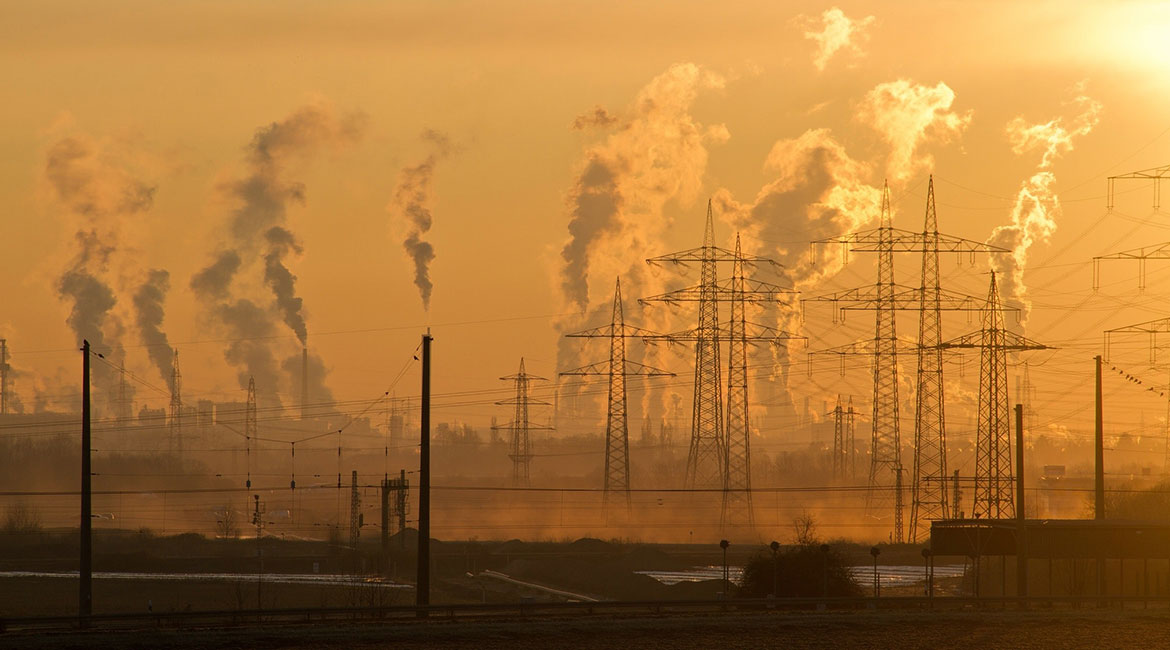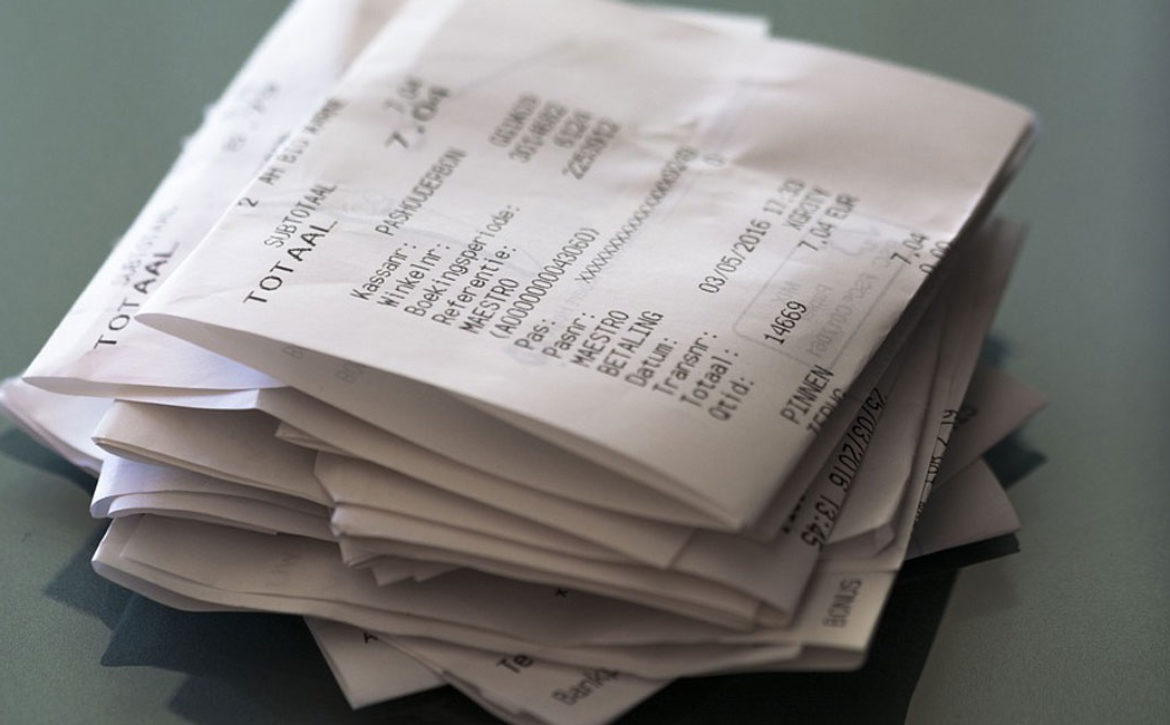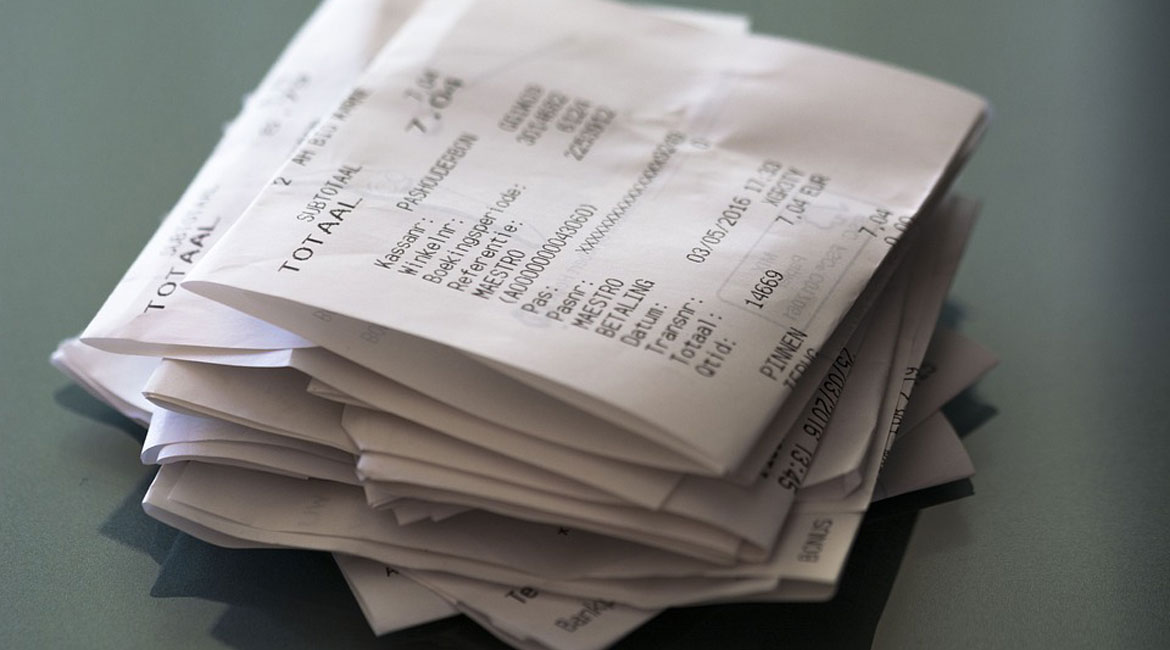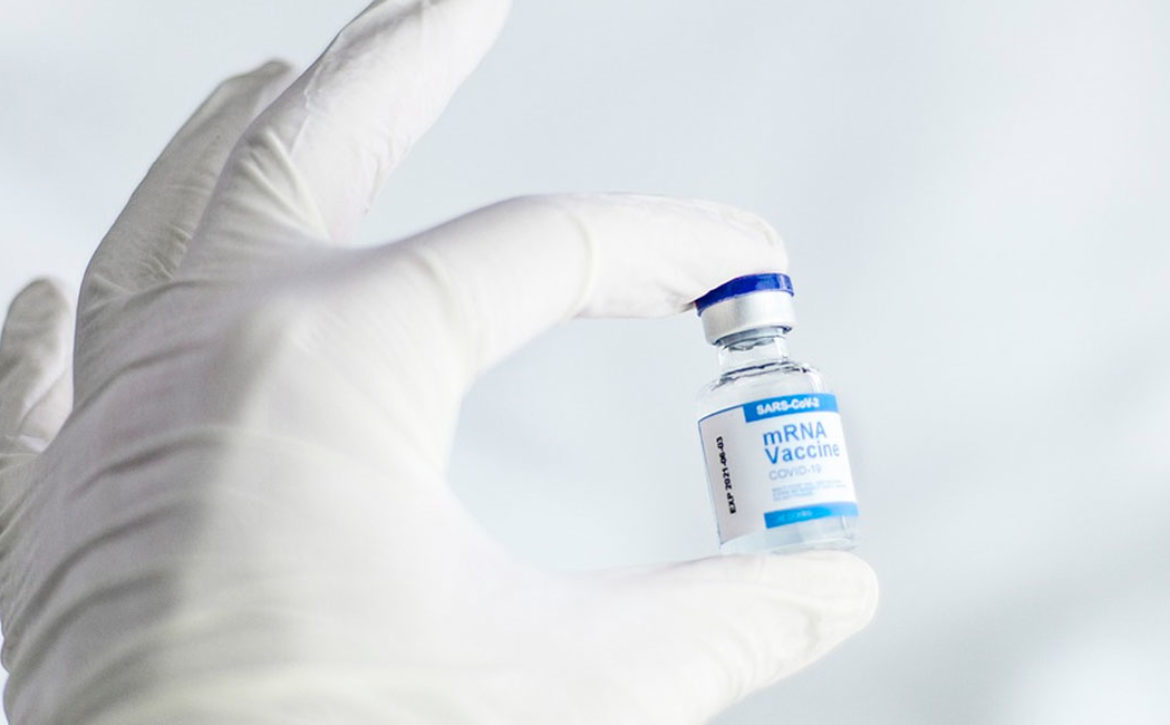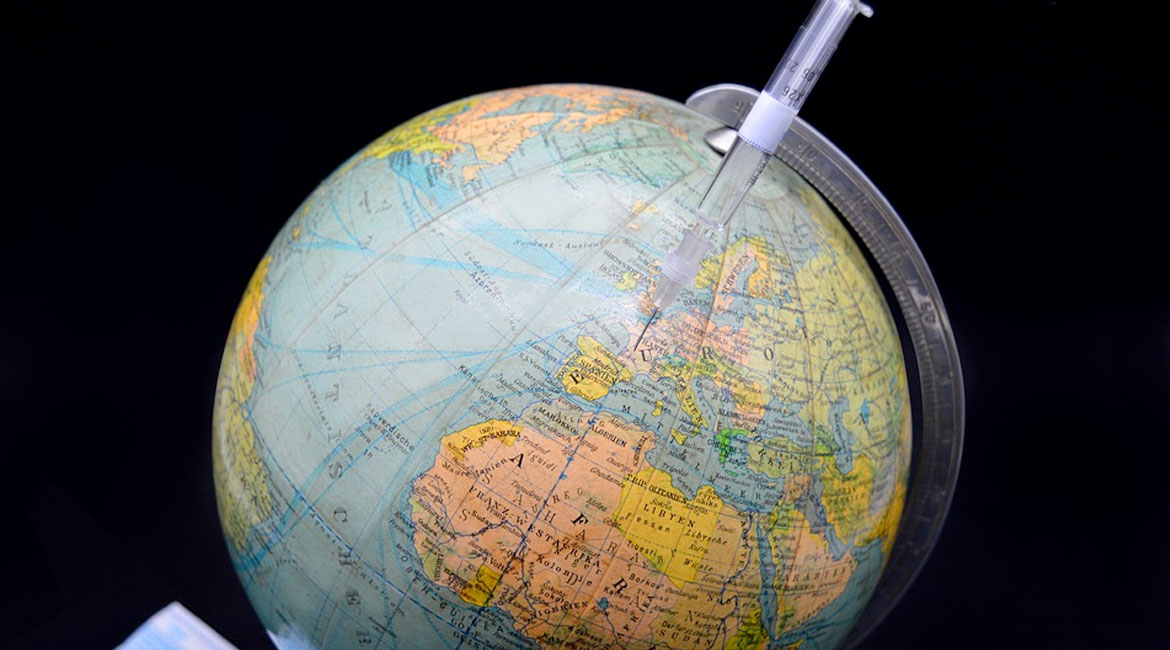Why will the uncertainty in markets continue for a long time?
There are strong arguments that uncertainty has been the defining economic feature of the past three years. From the US-China trade war to COVID-19 and the supply chain crisis of 2021, markets have been constantly up or down with remarkably few (and generally short) periods of stability in between.
2022 has only continued that trend so far. As the New York Times reports, stock markets have experienced several wild swings this year alone, with the S&P registering record losses (including its longest losing streak since 2011) amidst intermittent rallies.
Likewise, global events such as the Russia-Ukraine war, rising inflation, and enduring COVID tailwinds are contributing to this uncertain state of affairs.
Consequently, market participants and stakeholders are reacting with increased caution. CNBC, citing an Allianz Life survey, reports that 43% of investors say they’re “too nervous” to invest within this market, especially considering the lack of clarity as to what comes next. Stakeholders and participants may have to wait longer for clarity though, because, as I argue below, the unsure state of the market is only likely to continue. Here are the top reasons why.
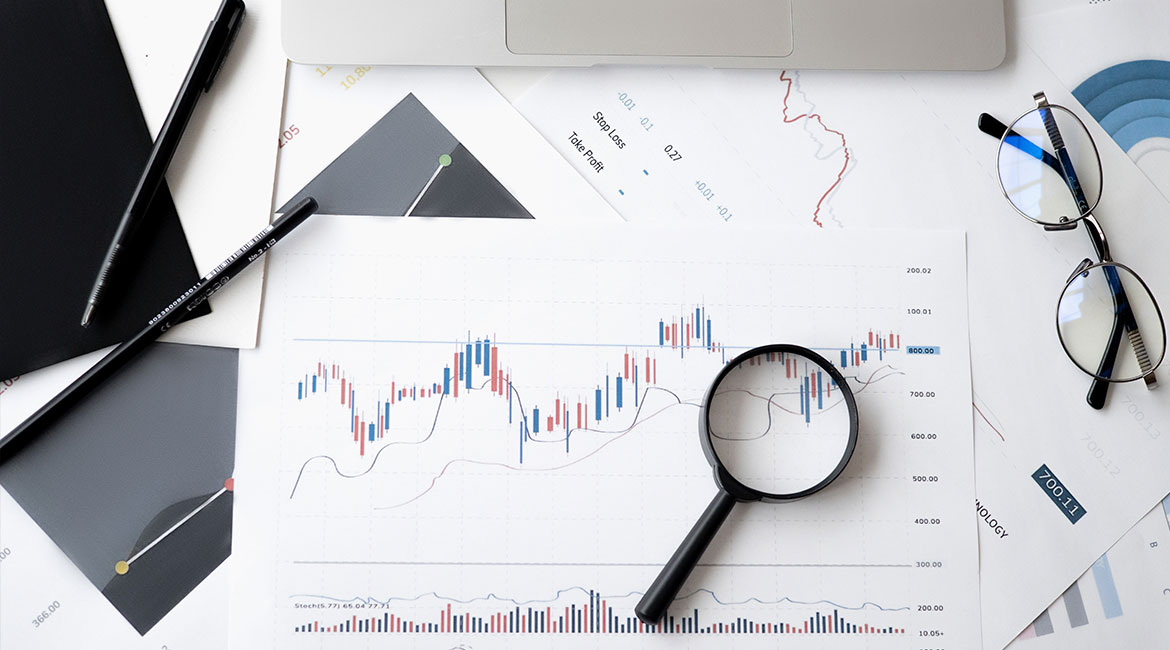
Slowing global economic recovery
Mid-2021 produced higher than expected global growth figures, fueling an optimistic outlook for a global economic rebound. The pace of that growth slowed down before year-end though, due to chronic supply shortages and a resurgence of new COVID variants omicron and alpha.
This year has not brought any improvement in the situation. As the World Bank reports, global economies continue to experience decelerating growth due to the exhaustion of pent-up demand and unwinding fiscal support. Likewise, a sharp incline in global inflation rates has impacted consumer spending as greater income shares go to necessaries and less allocation to savings and investment.
Tightening monetary policy
I’ve mentioned tightening fiscal policy above, but it’s worth a closer inspection. Central banks in Europe, Japan, and the US intimated earlier in the year that they would be exploring a tighter monetary policy in a bid to combat rising inflation. Consequently, we’ve seen the Federal Reserve raise rates recently and the European Central Bank has given a clear signal on rate hikes in July.
As the New York Times reports, investors and industry are reacting to the news with caution as they consider the potential implications of these rate hikes and how they are likely to play out. Consequently, I expect decelerated borrowing activity while the industry gauges incoming measures.
Russia-Ukraine conflict
War is generally bad for stability, but in the case of the Russia-Ukraine war there are more reasons why this is the case. Russia is a major player in the global energy market, but its energy obligations to trade partners and general global supply are more susceptible to shocks due to the specter of war.
Global supply runs the risk of damage to critical Russian transmission infrastructure, such as the key pipelines running through Ukraine and other supply channels. Damage to these pieces of infrastructure may further congest an already inflated market, resulting in even higher prices and less of the product.
It’s unclear how long the conflict will last. Consequently, the energy sector will likely continue to experience elevated prices and uncertain supply.
COVID-19 tailwinds
Another important factor, which is largely being ignored for the moment, is the continuing effect of the pandemic on global trade. Enduring concerns over COVID variants, new and large-scale outbreaks in China, and attendant supply chain congestion are all contributing to a highly uncertain market state.
Considering that vaccine hesitancy is still wide-spread and vaccine penetration levels continue in the low figures (particularly in emerging economies), we’re likely some way off complete clarity in this area as well.






